|
Smart Cities are, by design, municipalities that address challenges via a process of digital transformation (DX); in fact, the mission of Smart Cities can be described as “outcomes-based digital transformation”. This means using new methods of innovation and creativity, and new sources of information to enhance experiences, increase sustainability and resilience, and improve financial and operational performance. Information Technologies (IT) that use a combination of cloud, mobility, and data analytics have the power to provide new solutions to long-standing urban challenges and enable new experiences for residents and communities, visitors and tourists, and local businesses. (IDC white paper “Accelerating the Digital Transformation of Smart Cities and Smart Communities”, 19 December 2017. Posted in Intelligent / Smart Cities Solutions). Here we have presented some good practices for the digital transformation of cities in Bulgaria, based on smart city technologies. Sofia Smart CityDigital Transformation Strategy of Sofia CityThe city of Sofia participated in the initiative Digital Cities Challenge of the European Commission. The result was the elaboration of the Digital transformation strategy for Sofia (DTSS): A platform for smart growth. DTSS defined an action plan and a series of actions that strengthen the ICT business ecosystem located in Sofia, enabling the development of innovative solutions for the digital transformation of the city. As for further implementation of the action plan the city signed a technical support agreement with the European Investment Bank for its realisation through concrete investment projects. There are some cases (projects), based on smart city technologies that have been identified for immediate implementation by the Smart City Roadmap. (Source: The digital transformation strategy for Sofia: A platform for smart growth; Digital Cities Challenge Initiative)
Sofia Smart City MarketplaceThe Sofia Smart City Marketplace is an initiative of Cluster Sofia Knowledge City to develop a platform for publishing, storing and open access to a database of validated or ready-to-validate product and technological innovations that can be used in the process of transforming the city into a smart city. It is designed for those local government officials responsible for the development of the smart city by providing them with a simplified process for finding information on the latest products, applications, technologies and technological solutions with which the municipal structures can cope more successfully. The platform is beta version https://smartcitymarketplace.eu/. Planning a Black Sea Smart City of BurgasThe agenda of the smart city of Burgas supports the city's smart city planning and development. The city is now keen to create a structure to its ambitions and is developing a Smart City Roadmap that refines its strategic intent and prioritises future investment intentions accordingly. The smart city of Burgas integrates technology with infrastructure to enable urban development that is more intelligent, interconnected, and efficient. Because of its manageable size and other endowments, Burgas is the perfect “urban laboratory” in which to test smart applications in a relatively controlled environment. The municipality’s commitment to a considered programme of further interventions that will form the mosaic of its proposed Smart City Roadmap will only make it smarter. There are some examples from a smart city planning agenda:
The Smart Cities Information System (SCIS) of the city of VarnaThe Smart Cities Information System is a knowledge platform to exchange data, experience and know-how and to collaborate on the creation of smart cities, providing a high quality of life for its citizens in a clean, energy efficient and climate friendly urban environment.
SCIS brings together project developers, cities, research institutions, industry, experts and citizens from across Europe. SCIS focuses on people and their stories – bringing to life best practices and lessons learned from smart projects. Through storytelling, SCIS portrays the “human element” of changing cities. It restores qualitative depth to inspire replication and, of course, to spread the knowledge of smart ideas and technologies - not only to a scientific community, but also to the broad public! Launched with support from the European Commission, SCIS encompasses data, experience and stories collected from completed, ongoing and future projects. Focusing on energy, mobility & transport and ICT, SCIS thus showcases solutions in the fields of energy-efficiency in buildings, energy system integration, sustainable energy solutions on district level, smart cities and communities and strategic sustainable urban planning. Projects in the scope of SCIS are mostly co-funded by the European Commission, for example: the 12 Horizon 2020 Smart Cities and Communities (SCC1) projects (such as Triangulum, Sharing Cities or Stardust), the 7th Framework Programme projects CELSIUS and City-zen, and many more! SCIS therefore analyses project results and experiences to:
|
AuthorSmart by Design Archives
September 2021
Categories
All
|
|
The SMART by Technologies Design project [SMART by Design] Project No. 2019-1-BG01-KA202-062298 has been co-funded by the Erasmus+ Programme of the European Union.
This website reflects the views only of the author, and the European Commission cannot be held responsible for any use which may be made of the information contained therein |
SMART BY DESIGN |
SUPPORT |
Copyright ®2020 SMART BY DESIGN. All rights reserved.
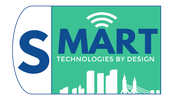
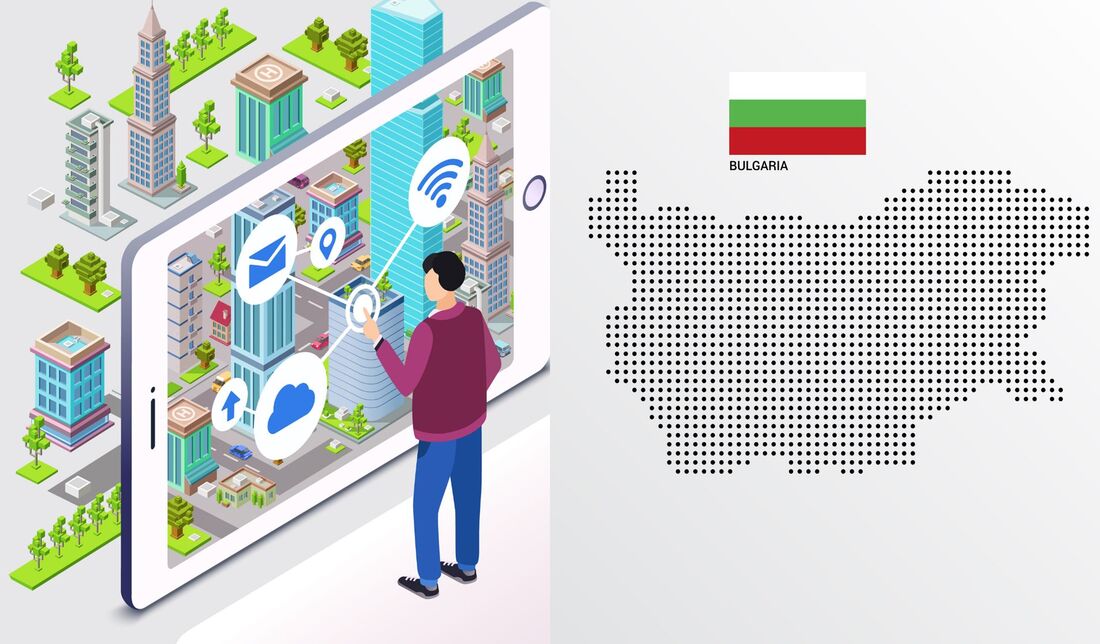
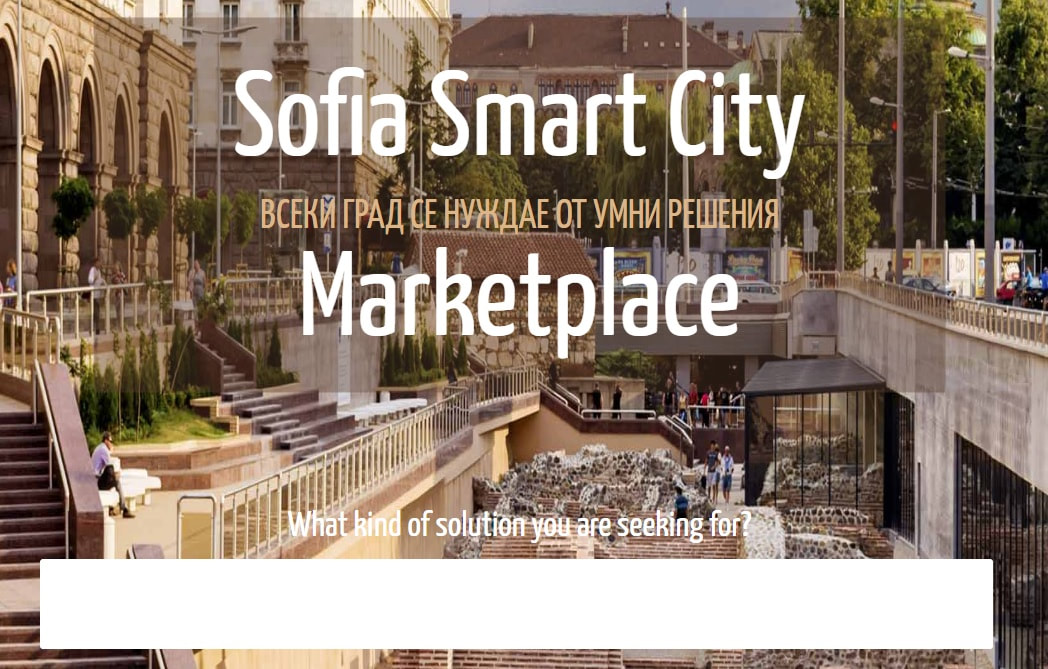
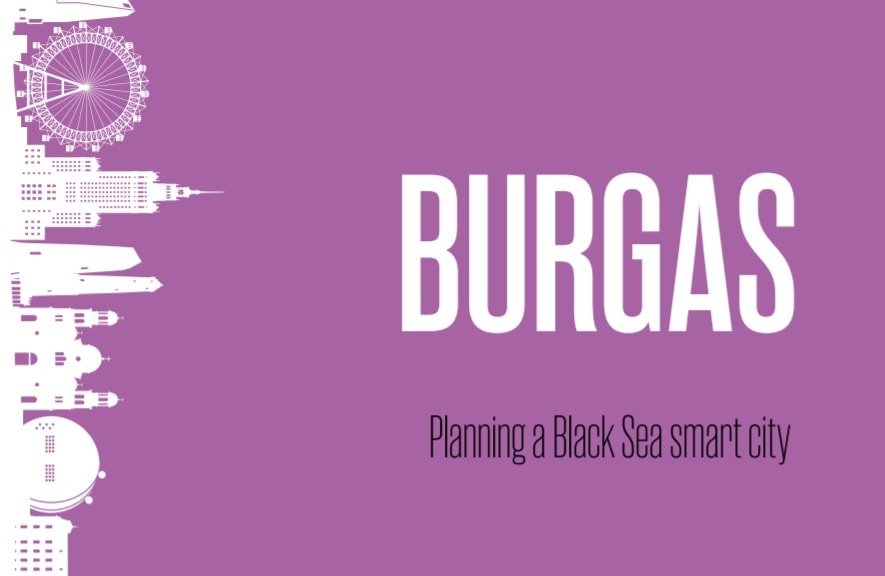
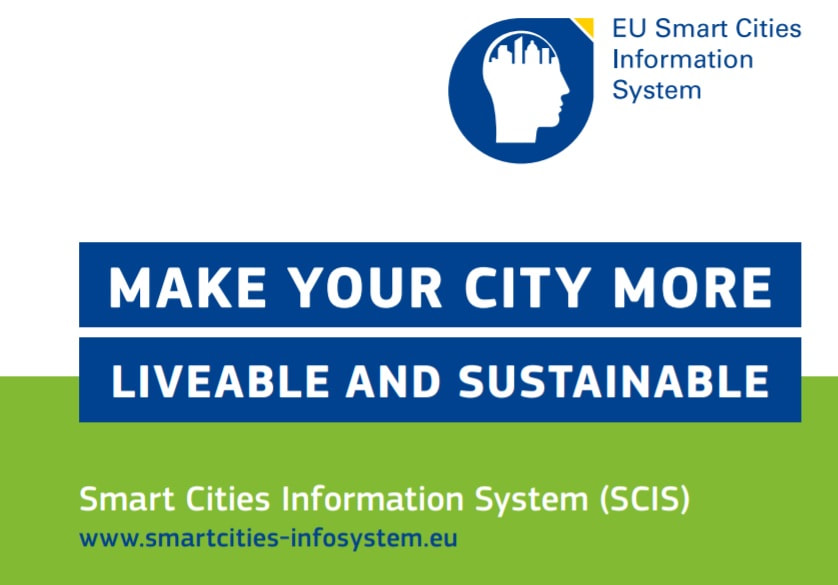
 RSS Feed
RSS Feed
